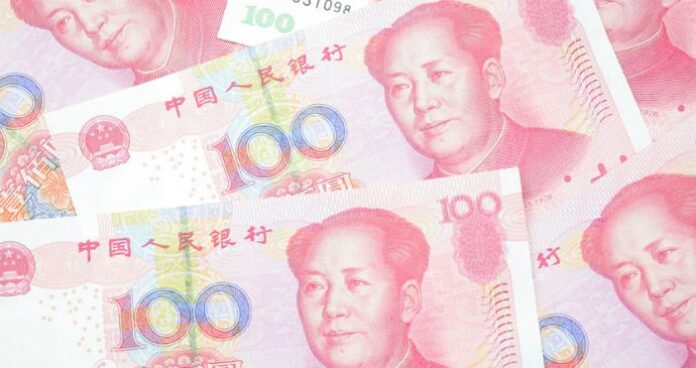China’s decision to devalue its currency will make it even harder for Europe’s wireless equipment makers to compete with Huawei and ZTE. Investors sold shares of Ericsson, Nokia and Alcatel-Lucent on the heels of the Chinese government’s announcement. Part of the decline can be attributed to overall weakness in equities, but analysts said investors should be particularly concerned about companies that face Chinese competitors in a global market.
Ericsson has almost 26% of the wireless equipment market, according to Bloomberg, while Huawei has just over 23%. Nokia and Alcatel-Lucent will be a third major contender when they complete their merger.
Huawei and ZTE are quickly gaining share in emerging markets, as carriers in developing countries build out 3G and in some cases LTE networks. These are price-sensitive customers, and Huawei and ZTE have traditionally offered equipment at lower prices than their European competitors. And now a lower value for the yuan could make their equipment even less expensive.
Competitive pressures will not be the only impact of the change in the value of the Chinese yuan. For Ericsson, Nokia and Alcatel-Lucent, a change in China is also likely to impact both revenue and expenses. All three companies sell base station equipment to Chinese carriers, and it is likely that they all source components from China as well. Ericsson, which has both joint ventures and manufacturing operations in China, has a history of balancing Chinese revenue and expenses.
While China’s news is weighing on the share prices of Ericsson and its European counterparts, it may not be so negative in the long term. The Chinese government portrayed today’s move as a singular event rather than part of a trend, and also said that going forward the open market will play a bigger role in the setting of exchange rates for the Chinese currency.
Follow me on Twitter.
Featured Image Copyright: daizuoxin / 123RF Stock Photo

